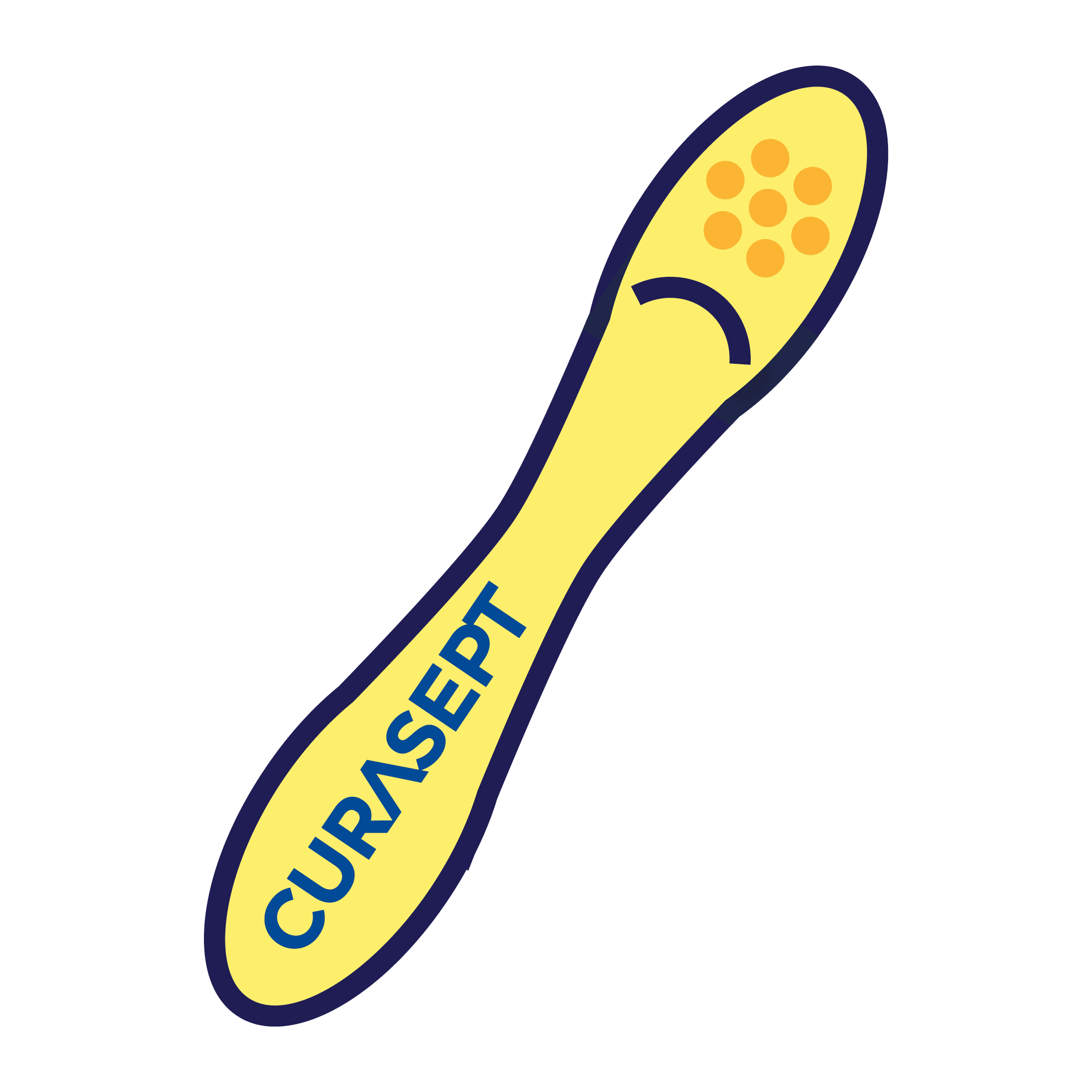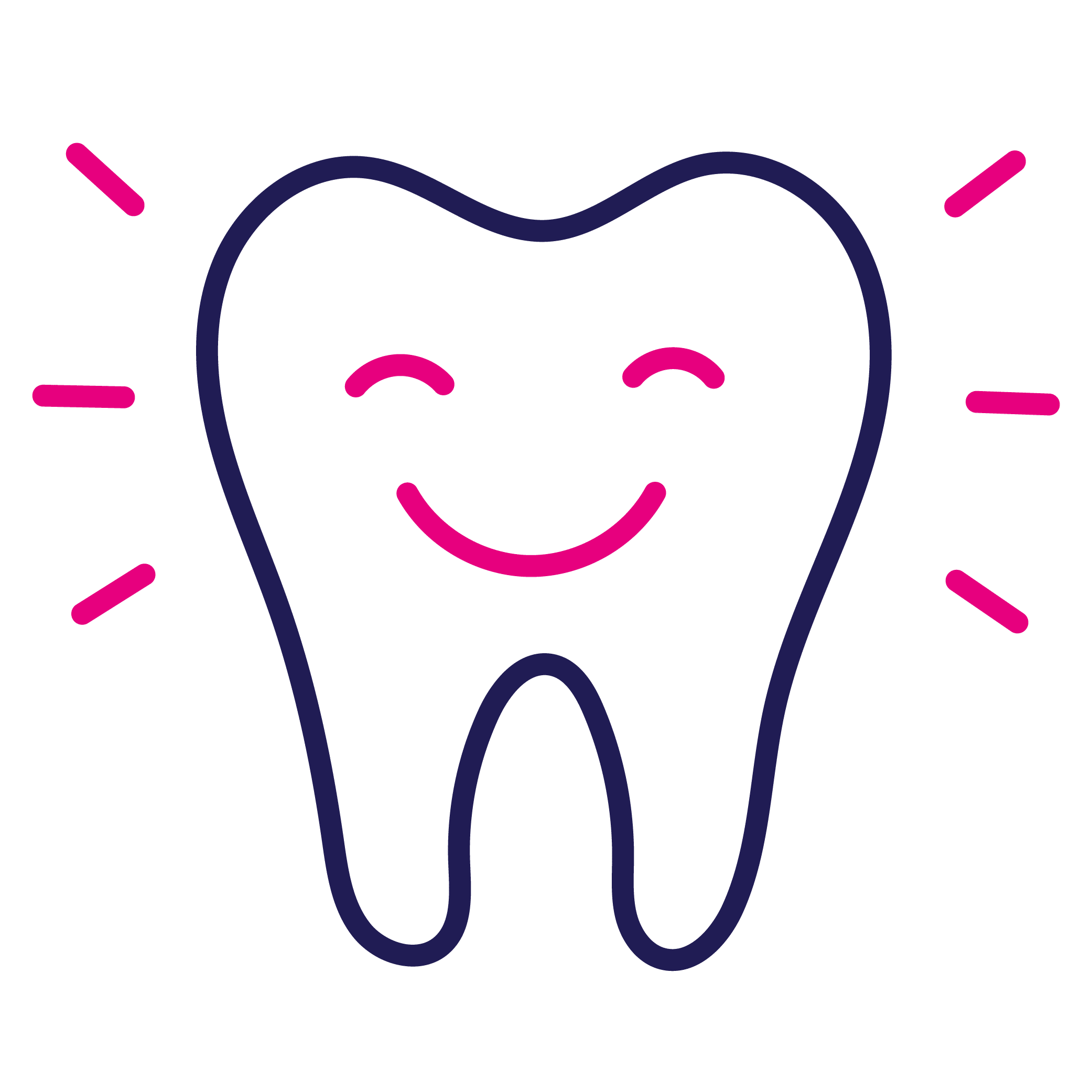Table of Contents
CURASEPT 4 KIDS
The Curasept 4 KIDS 2024 project aims to develop from an early age a collective awareness of the importance of taking care of one’s smile on a daily basis, discouraging the still all too common approach of going to the dentist only when pain occurs, and thus in the presence of a problem that is already in place.
The stories of the four interviewees highlight how establishing a relationship between parents, professionals, and educators is key to changing this trend and setting an effective daily routine for children’s oral health and hygiene from the very beginning.

The Curasept 4 KIDS project collected testimonials from four dental professionals who interact with young children every day, spreading the messages of oral care and prevention for which we at Curasept strive every day.
Watch the trailer:
In addition, to make things easier for families, we have collected the 6 tips that every adult should follow to start a winning oral health routine even with young children!
THE VIDEO STORIES
Clotilde Austoni
Clotilde Austoni is a dental specialist in odontostomatological surgery and head of CORED, the first center in Italy to focus on the prevention and treatment of smile damage caused by nutrition and eating disorders.
Taking care of children’s smiles for her means sowing seeds: creating a relationship of trust with them that allows her to have as patients little allies who as adults will love to take care of themselves. Fear of the dentist, so common in toddlers, is not slow to take root in children who from a very young age attend her dental office.
To gain their trust, it is essential to always tell them the truth, because they understand much more than one would expect and, moreover, very quickly.
Ilaria Carretta
Ilaria Carretta is a dental hygienist and co-founder of Tartarus Online, Italy’s first digital information magazine for dental hygienists.
For Ilaria, the dental hygienist is the go-to figure for everything related to prevention and oral health education, and for this she can bring an important contribution to the school setting.
Since 2021 Ilaria has been director of the Tartarus Online schools project, which aims to introduce children across the board to the oral system, showing them what it is for and how to care for it. Since the project began, more than 10,000 elementary school children across Italy have been reached, and from this year, kindergartens will also be involved.
For Ilaria, the goal of the project is to create awareness right away in the youngest children by providing them with answers so that they will have future adults who are more accustomed to the concept of oral prevention, which is still far from everyday life.
Luisa Limongelli
Luisa Limongelli is a dentist specializing in pediatric oral surgery, a path she chose to pursue the idea of building and consolidating a dental culture in the pediatric patient, especially in terms of prevention.
For Luisa, the greatest difficulties concern communication with special needs patients, for whom multiple approach sessions aimed at gaining the child’s trust are necessary in order to be able to treat the child later. These difficulties are addressed by studying communication and approach techniques towards the pediatric patient, trying to make the treatment curious for the child, based on his or her attitudes and interests.
For Luisa, the greatest gratification comes when the child gets up contentedly from the chair and smiles with his mouth and eyes.
Laura Vecchione
6 TIPS FOR CHILDREN'S ORAL HYGIENE

1. Start Early with Oral Hygiene
Don’t wait for the teeth to come out! Gently clean your baby’s gums with damp gauze after each feeding. This sets the stage for good oral health and prevents bacteria buildup. During the teething process, the use of a gum massager combined with a cold gel, such as Curasept PrimiDenti, is suggested to soothe your baby’s discomfort and pain. When your child’s first teeth have erupted, then make sure they are getting the right amount of fluoride, which is crucial for preventing tooth decay.

2. Make Brushing Teeth a Game
Make tooth brushing fun! Whether it is through the use of a colorful toothbrush and mild-tasting toothpaste, or through tricks and games together with parents, this routine should become an enjoyable and educational time for the child. Some suggestions for engaging your children without making them bored:
– Sing a little song about 2 minutes long that will entertain him for as long as it takes to brush his teeth. That way he won’t even notice he’s done it.
– Play “who brushes best”: teach him the proper brushing technique from pink (gum) to white (tooth) and then challenge him. The winner will receive a surprise.
– Create a special calendar where children can stick stickers every time they brush their teeth correctly. After a certain number of stickers, reward them with a small surprise. This will help them maintain a consistent routine and have fun.
– Involve your children in choosing their oral hygiene tools. Take a “field trip” to the pharmacy to pick out brightly colored toothbrushes and toothpastes together. This will make them more enthusiastic about using them.

3. Combine a healthy diet
Reduce/limit your intake of sugary and/or acidic foods and drinks (such as fruit juices), which can cause tooth decay and erode tooth enamel. Opt for ‘tooth-friendly’ and healthy snacks, choosing low-sugar snacks that stimulate chewing and salivation, such as apples, carrots or cheese. These foods are not only nutritious, but also help clean teeth by reducing the risk of tooth decay. Finally, encourage your children to drink water after meals and snacks. Water helps rinse away food debris and maintain good oral hygiene, reducing acidity and the risk of tooth decay.

4. Regular Checkups at the Dentist (pediatric!).
Did you know that the first dental visit should take place when your child is between 18 and 24 months old? Following the first one, schedule regular visits to the dentist for checkups and cleanings. The visits help detect early problems and familiarize children with the dental office environment. A healthy smile starts with good habits!

5. A good start to avoid dental phobia
Fear of the dentist is common, but it is important not to convey any anxieties to children. Answer their questions truthfully and always maintain a positive attitude without giving excessive or frightening details. Let the dentist explain the procedures in an age-appropriate way for the child. For added peace of mind, choose a dentist who specializes in pediatrics-these professionals are experienced in handling children’s needs, making dental visits a less stressful and more educational experience.

6. Teaches them the Importance of Oral Health from an early age
It is important to make our children aware of their oral health and to make them understand early on the key role of taking care of their teeth and gums. A good method might be to show and explain to them the signs of gingivitis (such as swelling or bleeding), urging them to always communicate this so that prompt action can be taken. More and more schools are organizing educational programs and initiatives on oral disease prevention education. Every small gesture can make a difference.



